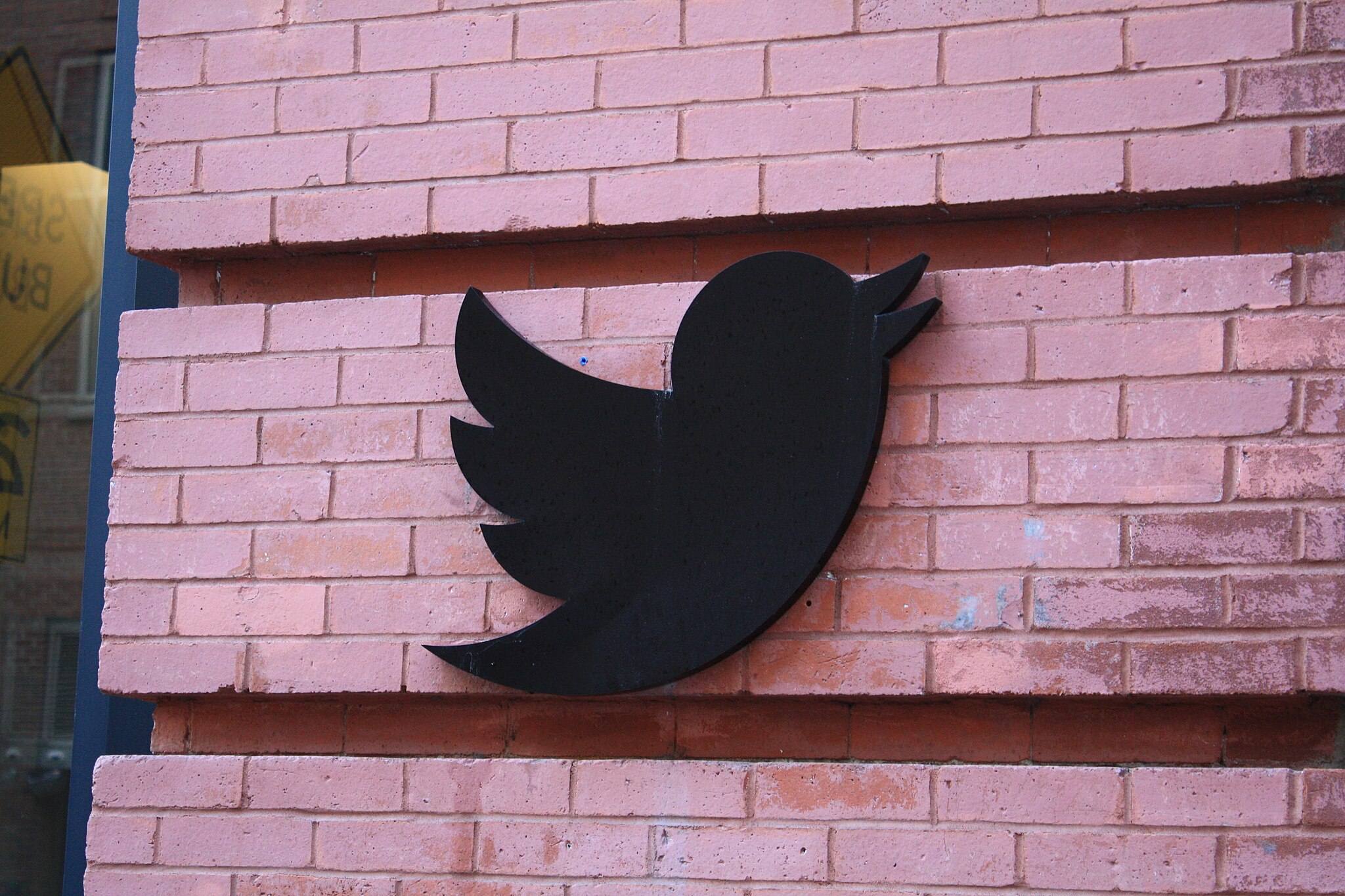Elon Musk-owned X (formerly Twitter) has been accused of profiting from the sale of verification badges to individuals and organizations linked to US enemies.
According to a report published by the Tech Transparency Project (TTP), the social media site granted blue check marks to accounts used by terrorist groups. The TTP investigation found that over a dozen accounts associated with sanctioned parties proudly sported the verification check marks, which can be acquired by anyone willing to pay the monthly subscription of $8 (£6.40).
After TTP reported that X allowed terrorists to buy premium accounts, @RepJoshG says the company “must explain to Congress how it plans to stop platforming terrorist leaders” and that Treasury “should investigate Twitter’s inexcusable financial involvement with known terrorists.” pic.twitter.com/3RNLZbY8jd
— Tech Transparency Project (@TTP_updates) February 15, 2024
Among others, an account belonging to Hezbollah secretary general Hassan Hasrallah was ID-verified. In other words, the Lebanese militant would have submitted a selfie along with a government-issued identity card. This doesn’t come as a surprise, given that the company had made deep cuts to safety and public policy personnel last month.
Interestingly, a post on X Help Center says: “You may not purchase X Premium if you are a person with whom X is not permitted to have dealings under US and any other applicable economic sanctions and trade compliance law.”
X giving blue checkmarks to blacklisted accounts
In its investigation, TTP found that X had provided verification check marks to accounts handled by Iran-sponsored militia Harakat al-Nujaba, Al-Saadi Gadhafi (son of the late Libyan leader Moammar Gadhafi). TTP found verified accounts of Russian state-owned television network NTV, Iranian state media station Press TV, and Russian commercial bank Tinkoff Bank.
It is worth noting that Press TV and Tinkoff Bank feature gold checkmarks, which cost $1,000 (£795.07) a month. The entities mentioned in the TTP report have been sanctioned by the US Treasury Department’s Office of Foreign Asset Control (OFAC).
While the mere existence of these accounts on X might not be inherently problematic, the monetisation of verification through paid checkmarks raises concerns. With individual Premium users paying $8 (£6.40) and organisations $200 (£159.01) monthly, X could be violating its own policies and those of the US government.
“For years, Twitter … allowed US-sanctioned individuals and entities to use free accounts on the platform, an arrangement that some legal experts said was permissible under US sanctions law,” the TTP noted in its report. However, selling verification badges to sanctioned individuals and organisations may cross a line.
According to the Tech Transparency Project, X removed verification checkmarks from accounts it had identified after its report. X’s safety team said it was reviewing the report “and will take action as necessary”.
X previously said it is also building a new moderation office in Austin, Texas that will tackle content depicting child sexual abuse.
The TTP pointed out that an account managed by Ansar Allah (known as the Houthis), which has over 23,000 followers, seemingly featured the blue check mark, which has now been removed.
Notably, the Houthis are sanctioned in both the US and UK. The UK government says on its website that it sanctioned the Houthis “to disrupt their ability to attack international shipping in the Red Sea, and to promote Yemen’s peace, stability and security”.







